Top books of 2023: City A.M. crowns our favourite reads of the year
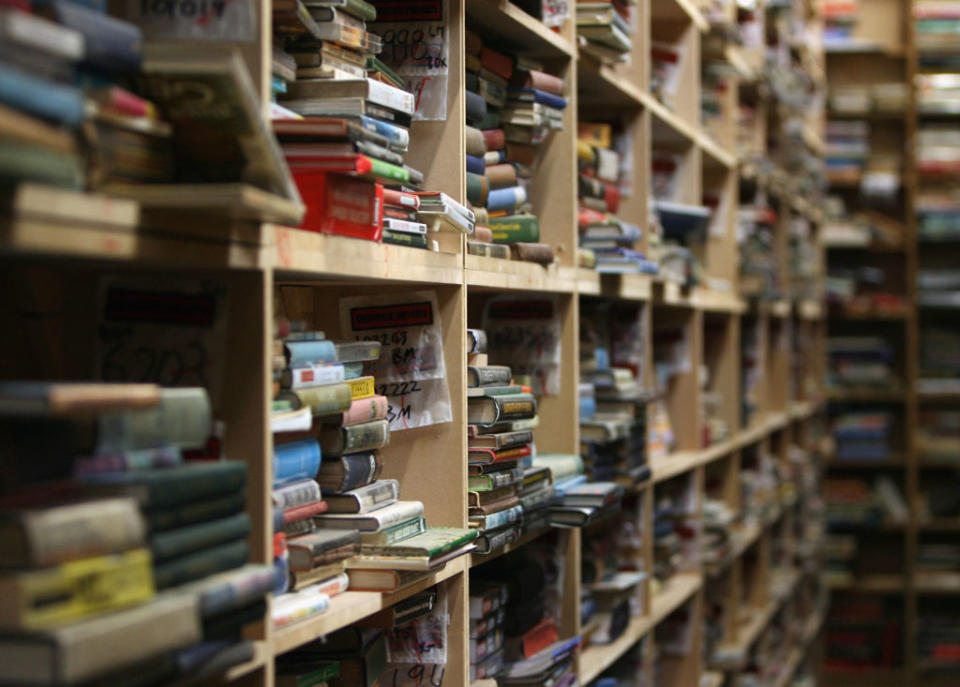
City A.M.’s staff have chosen our favourite books of the year and it’s an eclectic mix of the best in prize-winning contemporary fiction to investigative deep dives.
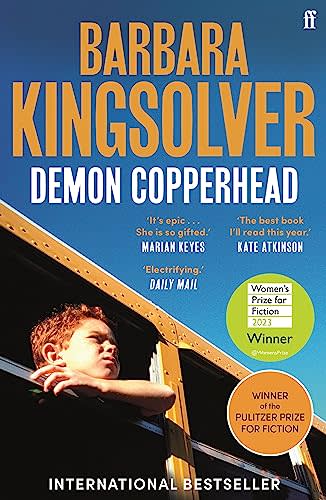
Demon Copperhead – Barbara Kingsland
Chosen by Lucy Kenningham, feature writer
For a city dweller and Square Mile zombie, this biting book is a brutal window into rural American life. Fiction (the protagonist is the 90s hillbilly incarnation of Dickens’s David Copperfield) and young Demon just happens to be one of the most compelling characters ever created. As he battles through a cripplingly unjust foster system, child labour, abuse, the Opioid crisis, destitution and poverty, Demon’s buoyant narration constitutes a prescient social commentary on the left behind. If the point of reading novels is to gain entrance into a life you would otherwise never know, this one scores on all points.
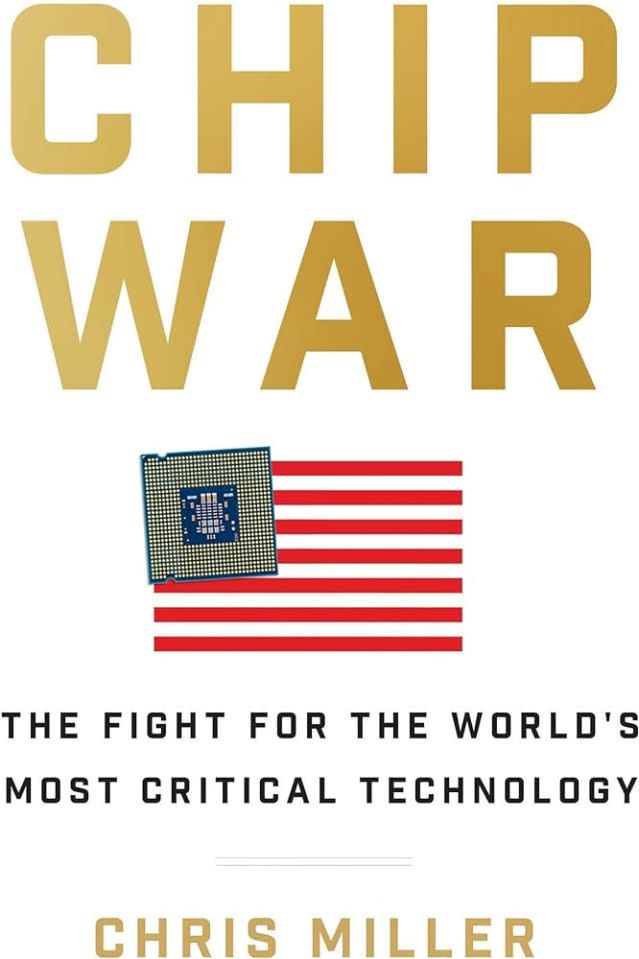
Chip War – Chris Miller
Chosen by Rupert Hargreaves, news editor
The world has become completely dependent on microchips over the past three decades. From iPhones to data centres and fighter jets to electric scooters, almost everything we use now contains thousands of these miniscule components. This excellent book explores the growth of the microchip industry and exposes how this technology has become so deep-rooted in our way of life. It also shines a light on the worryingly fragile state of the sector. With just a handful of countries controlling the entire world’s supply of chips, supply chains are highly susceptible to disruption – and countries are finally starting to take notice. Written by the economic historian Chris Miller, this vital book provides a real insight into the economy of the 21st century and highlights the battlelines emerging between the West and China as both sides try to beat each other in the global battle for technological supremacy.
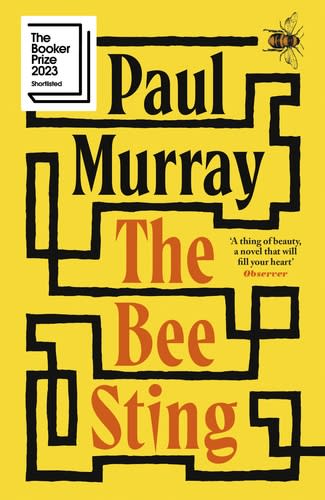
The Bee Sting – Paul Murray
Chosen by Anna Moloney, books editor
At over 600 pages, The Bee Sting may not appear the friendliest looking of reads (especially for those scrabbling towards the end of Goodreads reading goals) but don’t let the length put you off – this book earns every page. Each chapter of the novel takes you deeper into the inner world of one of the members of the Barnes family, an Irish well-to-do household who have fallen onto hard times. A tragicomedy, this novel is expansive in reach and has a climax that will stay with you long after the final page. Plus, it almost won the Booker, so you can give yourself a pat on the back for reading it.
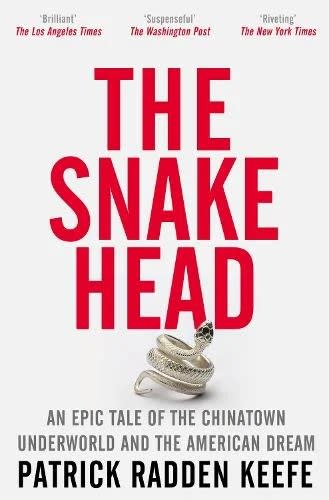
The Snakehead – Patrick Radden Keefe
Chosen by Carys Sharkey, deputy night editor
This book was first published in 2009 in the US but only came out here this year. A long wait, but well worth it. Radden Keefe is an investigative journalist and one of the most exciting writers around. He is the author behind Empire of Pain (on the opioid crisis) and Say Nothing (on the Troubles). Snakehead is another page-turner and a tour de force of journalistic storytelling. The narrative maps Chinese immigration to America in the 1980s, evoking the underworld of Chinatown with sweeping prose pinned together by meticulous detail (Keefe trained as a lawyer). The characters will stay with you long, long after finishing it.
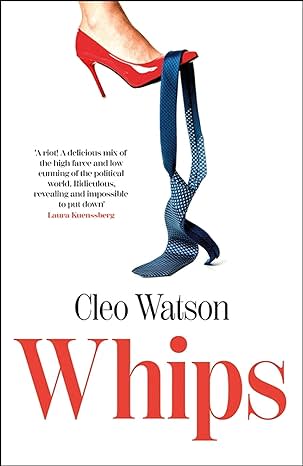
Whips – Cleo Watson
Chosen by Matt Hardy, deputy sports editor
Whips sent me down one almighty black hole. All of us in the Square Mile hear of dark, dingy stories about Westminster and its goings on but nothing quite prepares you for some of the absolute filth Watson describes. It’s almost too good not to be true and through its pages of twists and turns you begin to imagine who in SW1 represents each of the characters. But there is seriousness too, with Watson using the closure of a mental health unit as a pillar of morality throughout, alluding to the good people in politics. Whips provokes, gratifies and entices, and its inevitable sequel will fly straight to the top of my Christmas list.
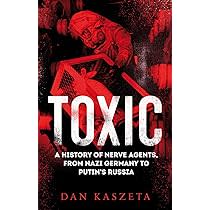
Toxic: A History of Nerve Agents – Dan Kaszeta
Chosen by Andy Blackmore, pictures editor
Ever since reading Robert Harris and Jeremy Paxman’s seminal 1982 work A Higher Form of Killing as a teenager, I’ve been fascinated by certain aspects of warfare. I would be the first to agree it’s a morbid curiosity, but sometimes simply to appreciate the world around you one just needs to understand how deadly man can make it and how deep his desire for destruction runs. Toxic: A History of Nerve Agents by Dan Kaszeta is another equally fascinating work. It traces the history of nerve agents from their chance invention with WW2 Germany’s experiments in pesticides precipitating the birth of Sarin, Tabun and Soman as chemical weapons, to Russia’s 2018 Novichok attack in Britain. Impeccably researched and engagingly written, it’s a dark and chilling journey that, on one hand, more than satisfies curiosity on this compelling subject. Yet, on the other, one can’t help but wish this was a mere work of fiction.
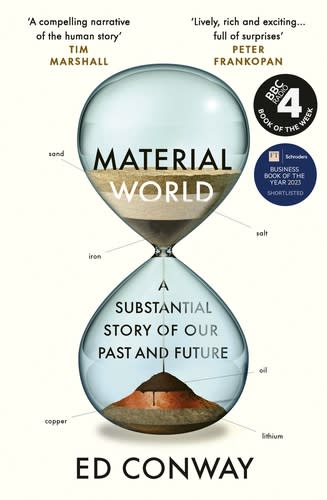
Material World – Ed Conway
Chosen by Andy Silvester, editor
No, I’m not the first person to tell you to read the brilliant deep-dive into the world’s natural resources by Sky News economic editor – and fellow AFC Wimbledon fan – Ed Conway. But every bit of the praise that’s been showered on the book this year is entirely deserved; this is, genuinely, a book that changes the way you see the world. More than a business book, Conway’s whistle through the six materials that have spawned empires and will shape our future is a geopolitical primer on the great battles of the 21st century to come, fought perhaps not on the battlefield but on the commodity exchanges.
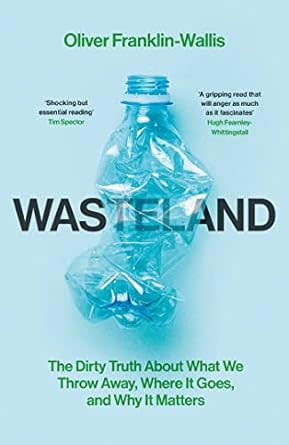
Wasteland – Oliver Franklin Lewis
Chosen by James Silver, City A.M. reporter
No one wants to talk about trash. But at the rate we’re throwing stuff away, we can no longer afford not to. The world emitted 2bn tonnes of solid waste in 2016 – this startling figure will rise to 3.3bn in 2050. And this stuff doesn’t decay quickly; it can take thousands of years. So where does it all go? Oliver Franklin Wellis will tell you. His journey takes him from the English countryside (and some not-so-innocent hillocks) to a 14m tonne pile of garbage in Delhi where workers, often kids, risk their lives daily to make a living from waste. There are no easy answers but the taboo of the waste economy deserves to be exposed.

 Yahoo Finance
Yahoo Finance 